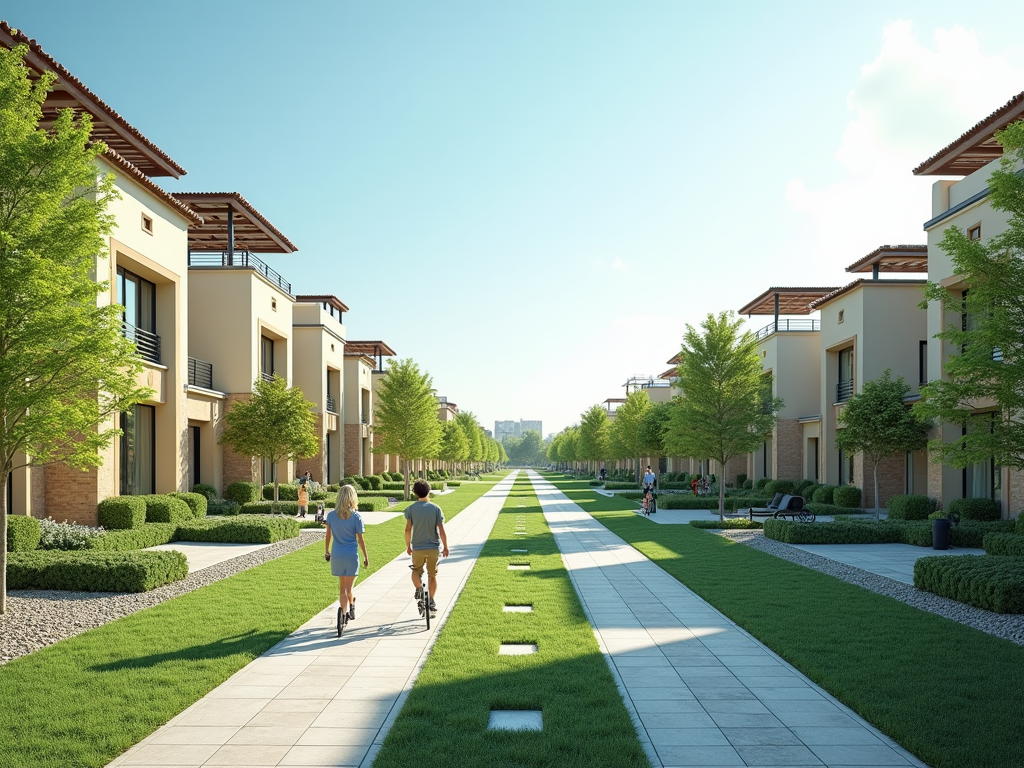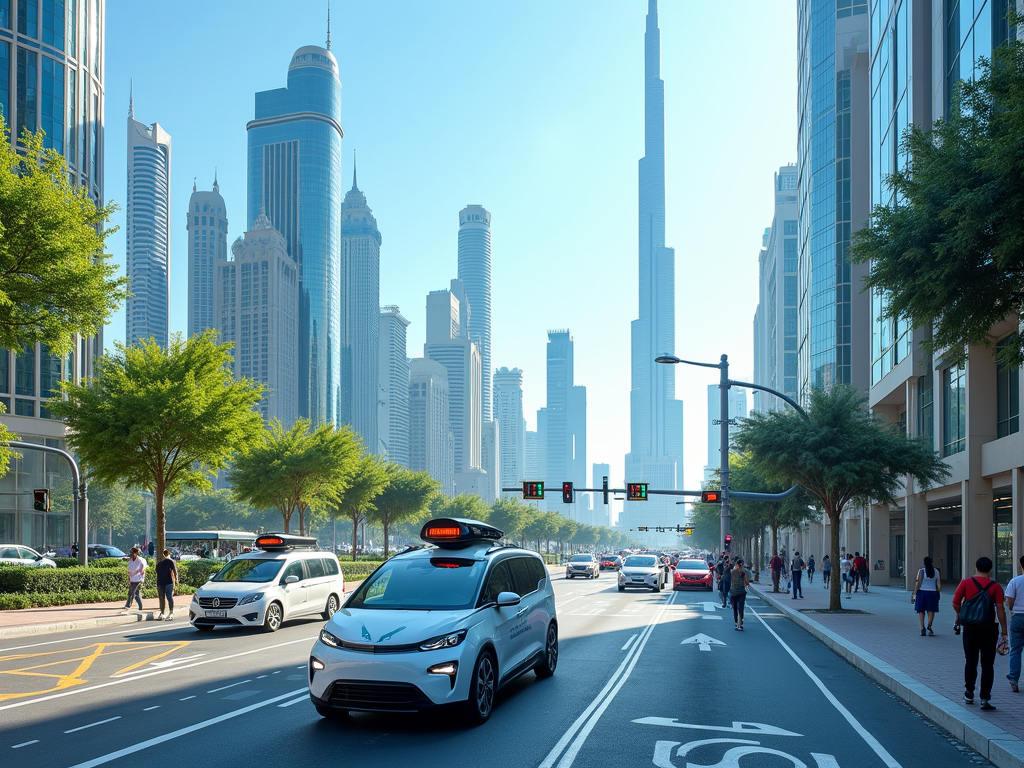As cities around the globe evolve to meet the demands of the digital age, smart cities are becoming increasingly prominent. Dubai is paving the way with its ambitious smart city initiatives that not only enhance the quality of life for its residents but also create exciting business opportunities. This article explores the transformation of Dubai into a smart city, highlights the key components of this evolution, and examines the lucrative business prospects that arise from it.
Understanding Smart Cities: An Overview

Smart cities leverage technology to improve urban living, streamline services, and promote sustainability. By integrating information and communication technology (ICT) into urban infrastructure, these cities enhance the efficiency of services such as transportation, energy management, and waste disposal. Dubai’s vision for a smart city involves connecting various sectors to facilitate data sharing and promote citizen engagement, ultimately fostering a more collaborative urban environment. Key features of smart cities include:
- Intelligent transportation systems that reduce congestion and improve safety
- Smart energy grids that optimize electricity use and integrate renewable sources
- Connected public services that enhance accessibility and responsiveness
- Advanced security systems that leverage surveillance and data analytics
- Green urban planning initiatives that promote sustainability
Dubai’s Smart City Initiatives

Dubai has outlined a clear roadmap for becoming one of the world’s smartest cities, as articulated in the Dubai Smart City Strategy. This initiative envisions the city as a global leader in innovation and technology. Furthermore, the establishment of the Smart Dubai Office in 2016 acts as a catalyst for this transformation, focusing on six key aspects: smart transportation, smart economy, smart living, smart governance, smart environment, and smart people. By aligning these components, Dubai aims to create a seamless urban experience. Notable initiatives include:
- Dubai’s autonomous transportation strategy, including self-driving vehicles and drones
- The implementation of a unified digital ID for residents to access government services
- The integration of artificial intelligence in city services to boost efficiency
- Green building initiatives that focus on energy-efficient construction
- Waste management solutions that use RFID technology for optimization
As Dubai pushes forward with its smart city initiatives, various sectors stand to gain from the influx of technologies and advancements. Businesses that are nimble and innovative will find numerous opportunities to thrive in this evolving landscape. Key sectors with promising prospects include:
- Technology Services: Demand for IT services, cloud computing, and software solutions will surge as local governments and businesses need assistance in implementing smart solutions.
- Construction and Real Estate: Firms specializing in green building practices and sustainable real estate development will have ample opportunities as Dubai prioritizes eco-friendly infrastructure.
- Transport and Logistics: Companies involved in logistics technology and transportation innovation will benefit from smart mobility solutions and autonomous vehicles.
- Renewable Energy: Investment in clean energy sources such as solar and wind will become a priority, presenting opportunities for companies specializing in these technologies.
- Data Analytics: As the city collects vast amounts of data, businesses offering data analytics solutions will be in high demand to derive actionable insights.
The Role of Public-Private Partnerships
Public-private partnerships (PPPs) are crucial for the successful implementation of smart city projects in Dubai. By collaborating with private companies, the government can harness expertise, technology, and capital investment necessary to drive innovation. These partnerships lead to the development of smart infrastructure, the launch of pilot projects, and the incorporation of best practices from around the world. Not only do PPPs bring down the financial burden on the government, but they also enable a more dynamic and reactive urban ecosystem. Some examples of potential collaborations include:
- Smart traffic management systems developed through joint ventures between tech firms and government authorities.
- Innovative waste management solutions designed in collaboration with environmental service providers.
- Collaborative efforts between renewable energy companies and policymakers to establish sustainable energy frameworks.
- Development of smart housing projects involving real estate developers and tech firms for integrated living solutions.
Conclusion
Dubai’s smart city initiatives are revolutionizing urban living, making it an attractive hub for businesses across various sectors. By leveraging technology and fostering innovative partnerships, the city is setting a template for others to follow while creating a wealth of business opportunities. The forward-thinking approach taken by Dubai not only addresses current urban challenges but also positions it as a leader in the global smart city movement. Companies and entrepreneurs willing to adapt and innovate will find an abundance of avenues to contribute to this exciting evolution.
Frequently Asked Questions
1. What are smart cities?Smart cities utilize technology and data analytics to enhance the quality of urban life, improve sustainability, and streamline city services.2. How is Dubai planning to become a smart city?Dubai’s Smart City Strategy focuses on integrating advanced technologies across various sectors, including transportation, energy, and governance.3. What business opportunities will arise in a smart city like Dubai?Key opportunities include technology services, construction and real estate, transport and logistics, renewable energy, and data analytics.4. What role do public-private partnerships play in Dubai’s smart city initiatives?PPPs facilitate collaboration between the government and private companies, enabling innovation and investment in smart city projects.5. Why is Dubai considered a leader in smart city development?Dubai’s strategic vision, extensive investments in technology, and commitment to enhancing urban living position it as a global smart city exemplar.
